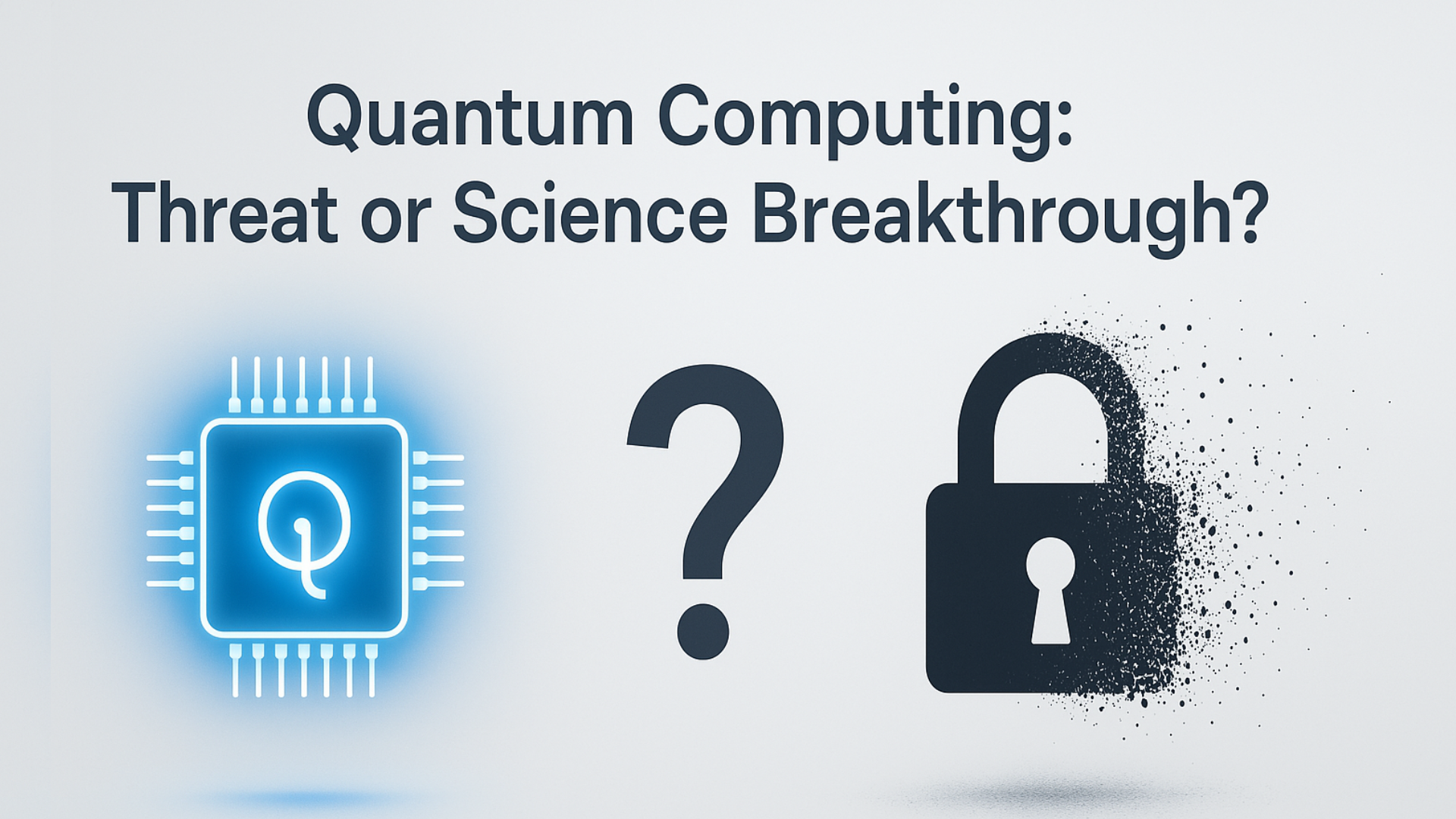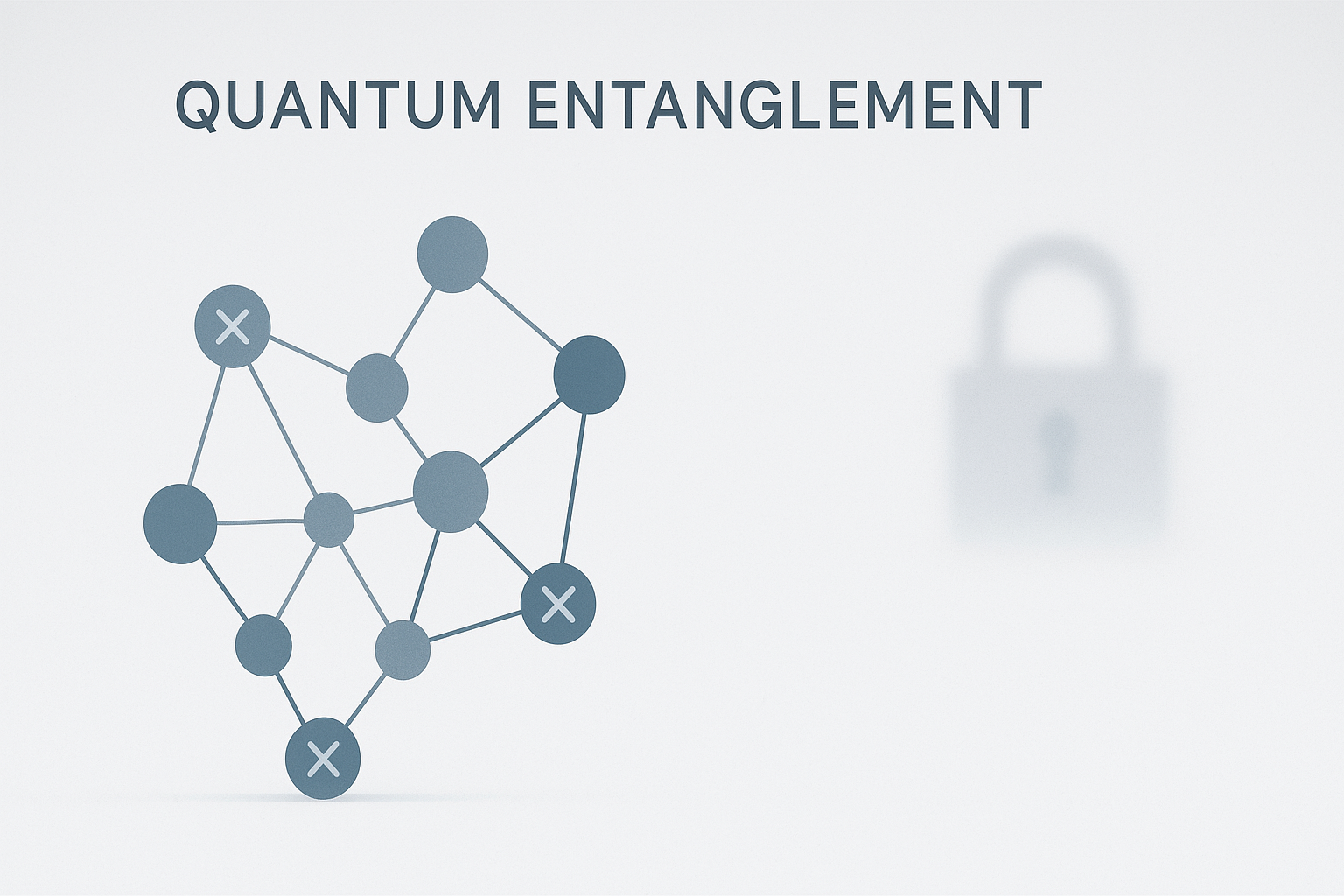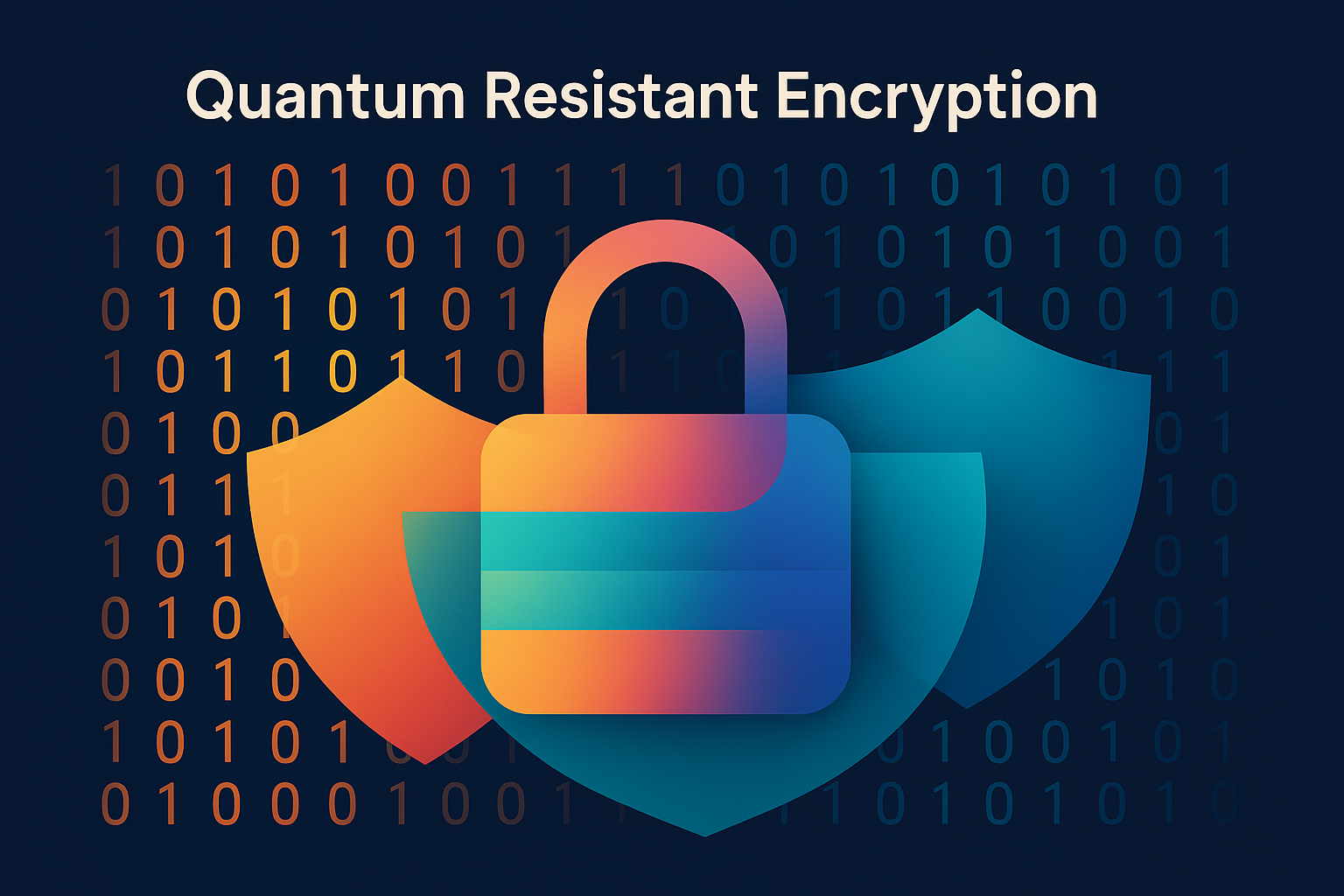Quantum Computing - Science Revolution or Cybersecurity Threat?
 YuvaSec
YuvaSec
Introduction
Remember the Y2K scare? Millions believed computers worldwide would crash as the clocks turned from 1999 to 2000. While the apocalypse never came, it triggered global preparation, safeguarding digital systems. Today, quantum computing prompts similar anxieties in cybersecurity circles. But is quantum computing really the cybersecurity nightmare we fear or a scientific breakthrough waiting to change the world?

Quantum computing matters now more than ever as advancements rapidly shift from theoretical to practical, raising urgent questions about its implications for cybersecurity. This article argues that while quantum computing poses legitimate concerns, its primary immediate impact is likely to be revolutionary scientific innovation rather than devastating security breaches.
Quantum Computing: Separating Fact from Fiction

Understanding the Quantum Threat
Quantum computers harness principles like quantum superposition and entanglement, enabling computations beyond classical computers' abilities. Shor’s algorithm, for instance, could theoretically break widely used encryption standards like RSA. Yet, the reality is nuanced:
Quantum computers powerful enough to threaten encryption remain rare, expensive, and highly experimental.
Current encryption methods, especially post-quantum cryptography, are evolving to stay ahead of quantum threats.
"Quantum computing won't immediately undermine everyday cybersecurity. It's still primarily a research tool," notes Dr. Michele Mosca, co-founder of the Institute for Quantum Computing.
Immediate Quantum Applications Beyond Security

Scientific and Economic Potential
Quantum computing's initial breakthroughs are more likely in sectors where current computational limits are bottlenecks, such as healthcare, pharmaceuticals, and materials science.
Drug discovery: Quantum simulations can model molecular interactions more precisely, significantly speeding up drug development.
Materials science: Creating advanced materials like superconductors becomes faster and more feasible.
Practical Limitations
However, quantum computing faces practical limitations:
Extremely sensitive to environmental disruptions.
High resource and maintenance costs.
Scalability remains challenging, limiting immediate widespread use.
"Quantum's greatest early wins will be scientific—like accelerating complex simulations," says Dr. Anna Pappa, Quantum Computing Researcher at TU Berlin.
Addressing Quantum Cybersecurity Concerns

Proactive Security Measures
Organizations are proactively responding to quantum threats:
Implementing post-quantum cryptographic standards (e.g., recently released by NIST).
Developing quantum-resistant algorithms to future-proof digital infrastructure.
Counterarguments and Realities
While concerns about quantum-driven cyber threats are valid, historical parallels (e.g., electron microscope data recovery fears in the 1990s) suggest caution but not panic. Quantum computing threats currently remain largely theoretical and economically unviable for most attackers.
Conclusion
Quantum computing undeniably represents a revolutionary leap forward in computational capability, but the immediate cybersecurity threat may be less dire than imagined. The quantum revolution, for now, is more likely to transform science and medicine before reshaping cybersecurity.
Organizations should remain vigilant, adopting quantum-resistant standards proactively. Embracing quantum's potential responsibly will ensure we harness its immense scientific promise without succumbing prematurely to fears of a security apocalypse.
Could quantum computing follow the Y2K scenario—prompting precaution without delivering disaster? It's worth staying prepared.
Further Reading:
Subscribe to my newsletter
Read articles from YuvaSec directly inside your inbox. Subscribe to the newsletter, and don't miss out.
Written by

YuvaSec
YuvaSec
Cybersecurity Enthusiast | Ex-Mechanical Engineer | Lifelong Learner Pivoting into InfoSec On a mission to build skills, break stuff (ethically), and land a job in cybersecurity.